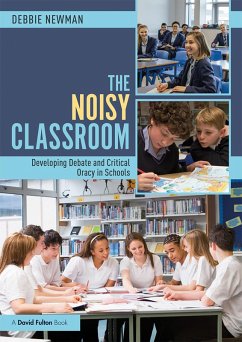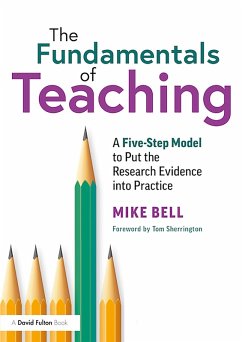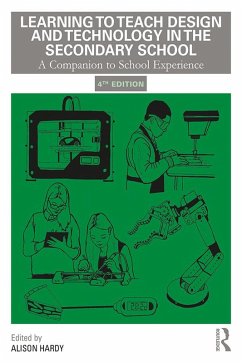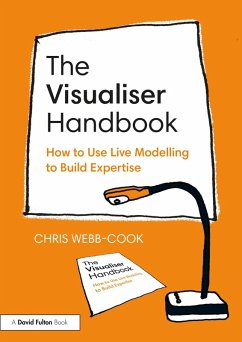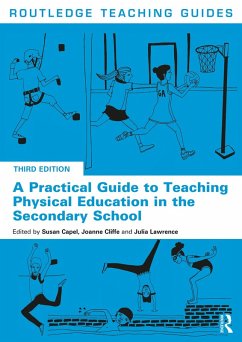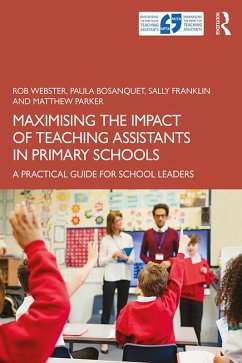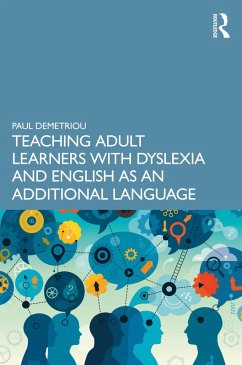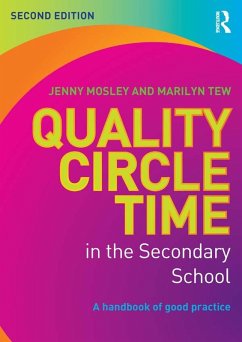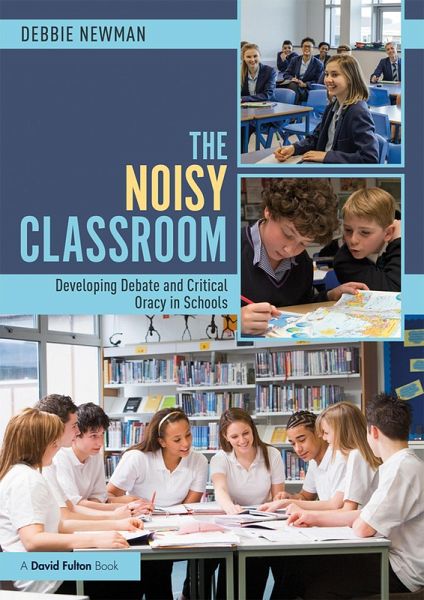
The Noisy Classroom (eBook, ePUB)
Developing Debate and Critical Oracy in Schools
Versandkostenfrei!
Sofort per Download lieferbar
21,95 €
inkl. MwSt.
Weitere Ausgaben:

PAYBACK Punkte
11 °P sammeln!
Debate and critical oracy allow students to deepen their knowledge and understanding of academic subjects while simultaneously developing their communication and critical thinking skills, which can be hugely effective in increasing attainment. This book, written by an experienced teacher and founder of The Noisy Classroom, aims to help students learn to argue, disagree and debate in a constructive manner. Packed with resources and engaging exercises, it shows teachers how to develop an argument culture in the classroom that promotes open-mindedness and encourages students to explore new perspe...
Debate and critical oracy allow students to deepen their knowledge and understanding of academic subjects while simultaneously developing their communication and critical thinking skills, which can be hugely effective in increasing attainment. This book, written by an experienced teacher and founder of The Noisy Classroom, aims to help students learn to argue, disagree and debate in a constructive manner. Packed with resources and engaging exercises, it shows teachers how to develop an argument culture in the classroom that promotes open-mindedness and encourages students to explore new perspectives, defend views and challenge others.
The Noisy Classroom includes:
The book brings together activities gathered and tested over 20 years of working in debate, oracy and education. It is intended for school teachers, including both NQTs and more experienced practitioners.
The Noisy Classroom includes:
- A reflection on critical oracy and why it is important.
- A step-by-step guide for teachers to set up and encourage debate across the curriculum, highlighting how to get the most out of a noisy classroom.
- Advice for teachers on how to overcome barriers to building and using critical oracy in the classroom, including troubleshooting when things go wrong.
- Practical ideas for sharpening pair, group and whole-class discussions, ranging from small starter and plenary activities to full parliamentary-style debates.
The book brings together activities gathered and tested over 20 years of working in debate, oracy and education. It is intended for school teachers, including both NQTs and more experienced practitioners.
Dieser Download kann aus rechtlichen Gründen nur mit Rechnungsadresse in A, B, BG, CY, CZ, D, DK, EW, E, FIN, F, GR, HR, H, IRL, I, LT, L, LR, M, NL, PL, P, R, S, SLO, SK ausgeliefert werden.




